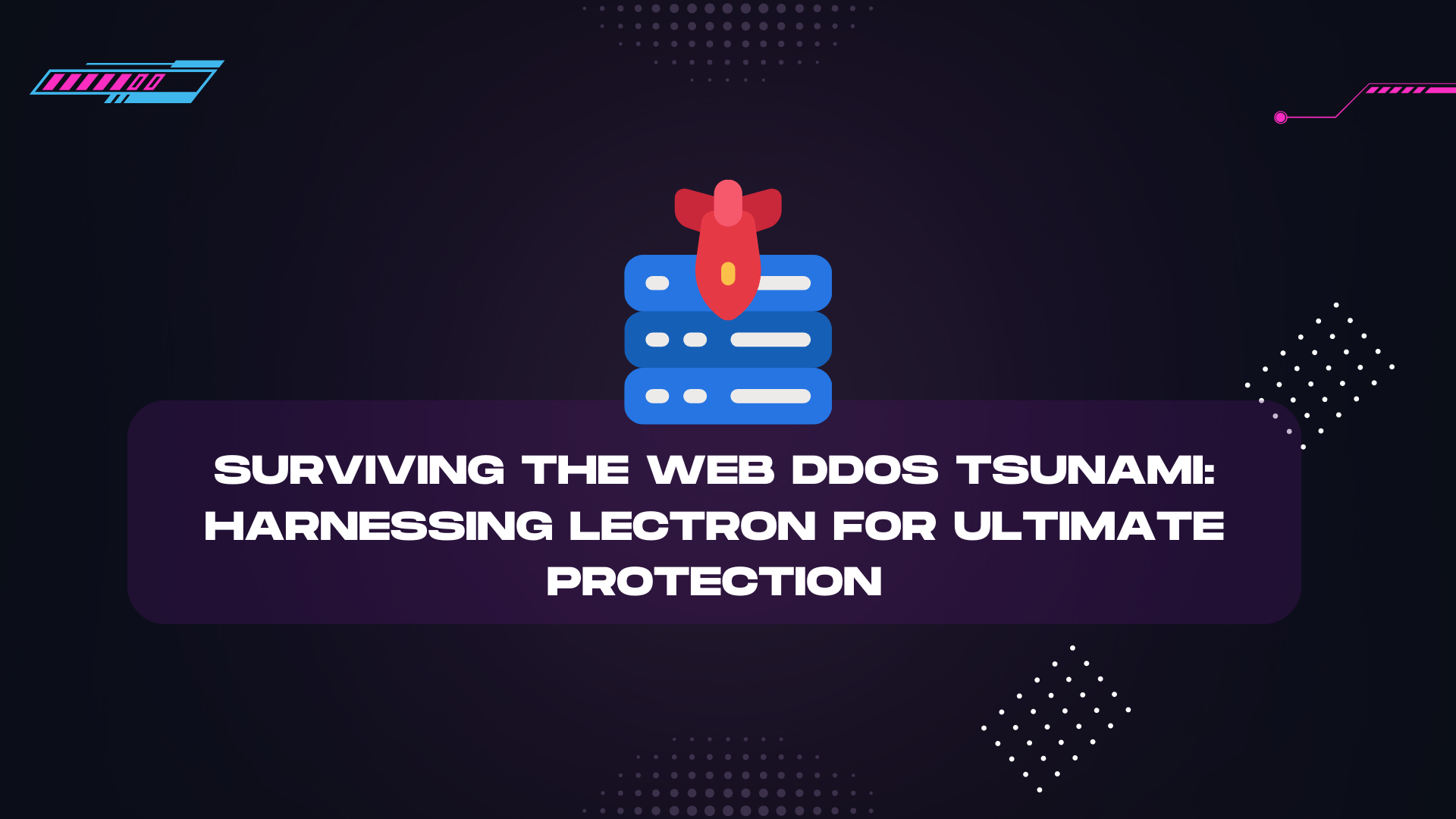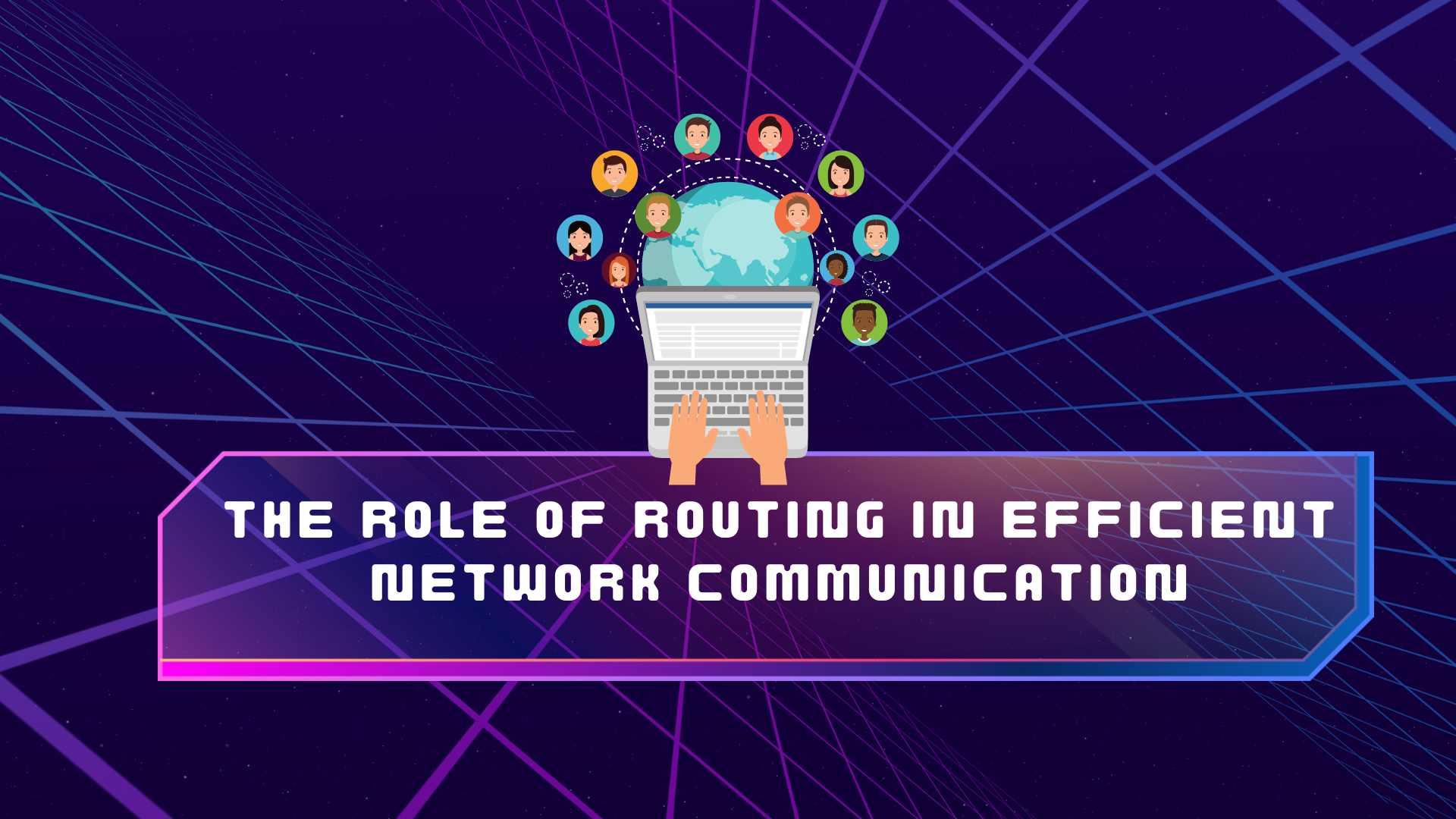Introduction:
In today’s fast-paced digital world, cybersecurity threats have become increasingly sophisticated and prevalent, and DDoS attacks are one of the most common and damaging types of attacks. DDoS attacks can cause significant financial and reputational damage, disrupt business operations, and lead to downtime. To effectively defend against DDoS attacks, organizations must have access to timely and relevant threat intelligence. In this blog, we will discuss the importance of threat intelligence in DDoS defense and how it can help organizations mitigate and prevent attacks.
What is Threat Intelligence?
Threat intelligence refers to the knowledge and insights gained from analyzing and understanding the behavior, motives, and capabilities of threat actors. Threat intelligence can help organizations stay ahead of cyber threats by providing relevant and actionable insights into potential attacks. It involves collecting and analyzing data from a variety of sources, including internal security logs, external intelligence feeds, and open-source intelligence.
The Importance of Threat Intelligence in DDoS Defense:
DDoS attacks are constantly evolving, and threat actors are continually developing new techniques and tools to launch more effective and damaging attacks. To effectively defend against these attacks, organizations must have access to timely and relevant threat intelligence. Here are some of the key reasons why threat intelligence is crucial for DDoS defense:
- Early Warning:
One of the primary benefits of threat intelligence is early warning. Threat intelligence can provide organizations with early warning of potential DDoS attacks, allowing them to take proactive measures to mitigate the attack before it can cause significant damage. This early warning can be critical in preventing or minimizing the impact of a DDoS attack. - Better Understanding of Attack Vectors:
Threat intelligence can help organizations gain a better understanding of the different DDoS attack vectors used by threat actors. This knowledge can help organizations better prepare for and defend against these attacks. It can also help organizations identify vulnerabilities in their systems that may be exploited by attackers. - Improved Incident Response:
Threat intelligence can help organizations improve their incident response capabilities. By providing real-time insights into emerging threats and attack patterns, threat intelligence can help organizations quickly and effectively respond to DDoS attacks. This can help minimize the impact of the attack and reduce downtime. - Better Resource Allocation:
Threat intelligence can help organizations allocate their resources more effectively. By providing insights into the most significant threats facing the organization, threat intelligence can help organizations prioritize their security investments and allocate resources where they are needed most.
Use Cases for Threat Intelligence in DDoS Defense:
Threat intelligence can be used in a variety of ways to improve DDoS defense. Here are some of the key use cases for threat intelligence in DDoS defense:
- Attack Detection:
Threat intelligence can be used to detect DDoS attacks in real-time. By monitoring traffic patterns and looking for signs of suspicious activity, organizations can use threat intelligence to detect DDoS attacks early and take action to mitigate the attack. - Attack Mitigation:
Threat intelligence can be used to help organizations mitigate DDoS attacks. By providing insights into the attack vectors and techniques used by threat actors, organizations can take steps to block or filter malicious traffic, effectively mitigating the attack. - Incident Response:
Threat intelligence can be used to improve incident response capabilities. By providing real-time insights into emerging threats and attack patterns, threat intelligence can help organizations quickly and effectively respond to DDoS attacks.
Considerations for Implementing Threat Intelligence in DDoS Defense:
Threat intelligence can be a powerful tool for DDoS defense, but it’s important to keep in mind some key considerations when implementing it. Here are a few things to keep in mind:
- Source of Threat Intelligence:
The quality of the threat intelligence you receive is critical to the effectiveness of your DDoS defense. Make sure you’re getting your threat intelligence from reputable sources that have a track record of providing accurate and timely information. - Real-Time Capabilities:
DDoS attacks can happen quickly, so it’s important to have threat intelligence that is updated in real-time. This allows you to respond to threats as they happen, rather than after the damage has been done. - Integration with Other Security Tools:
Threat intelligence is just one tool in your DDoS defense arsenal. Make sure it can be easily integrated with other security tools like firewalls, intrusion detection systems, and security information and event management (SIEM) platforms. - Scalability:
Your threat intelligence solution needs to be able to handle large volumes of data in real-time to be effective in protecting against DDoS attacks. Make sure it can scale to meet your needs as your organization grows. - Cost:
Threat intelligence can be expensive, so it’s important to consider the costs of implementing and maintaining a solution. Make sure the benefits outweigh the costs and that you have a clear understanding of the total cost of ownership.
Conclusion:
DDoS attacks continue to be a serious threat to organizations of all sizes. Threat intelligence can be a valuable tool in detecting and mitigating these attacks, but it’s important to understand its limitations and best practices for implementation.
By leveraging threat intelligence, organizations can stay one step ahead of attackers and proactively defend against DDoS attacks. With the right solution in place, businesses can minimize the impact of DDoS attacks, protecting their assets, and ensuring business continuity.




